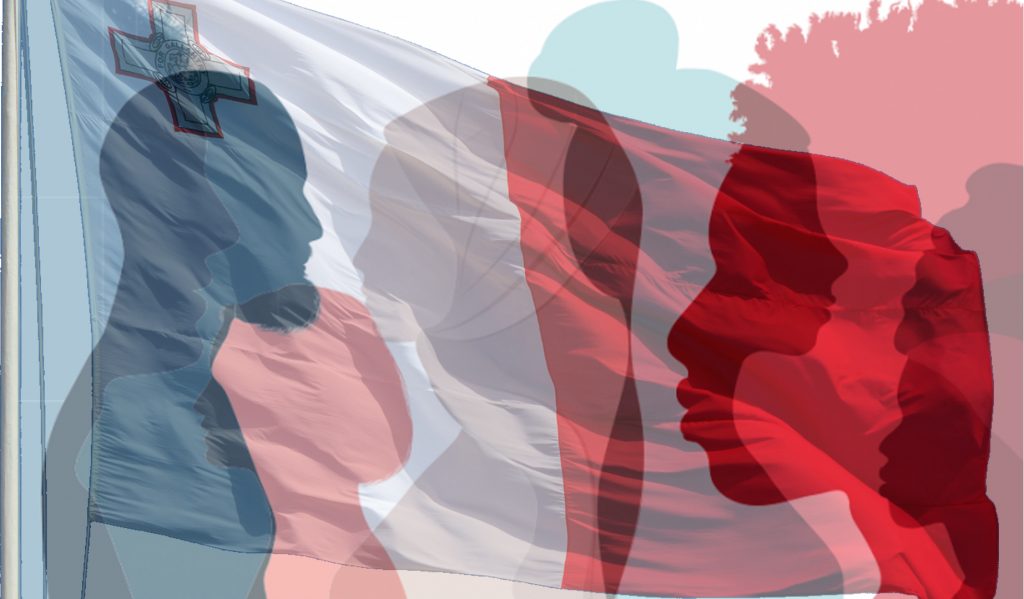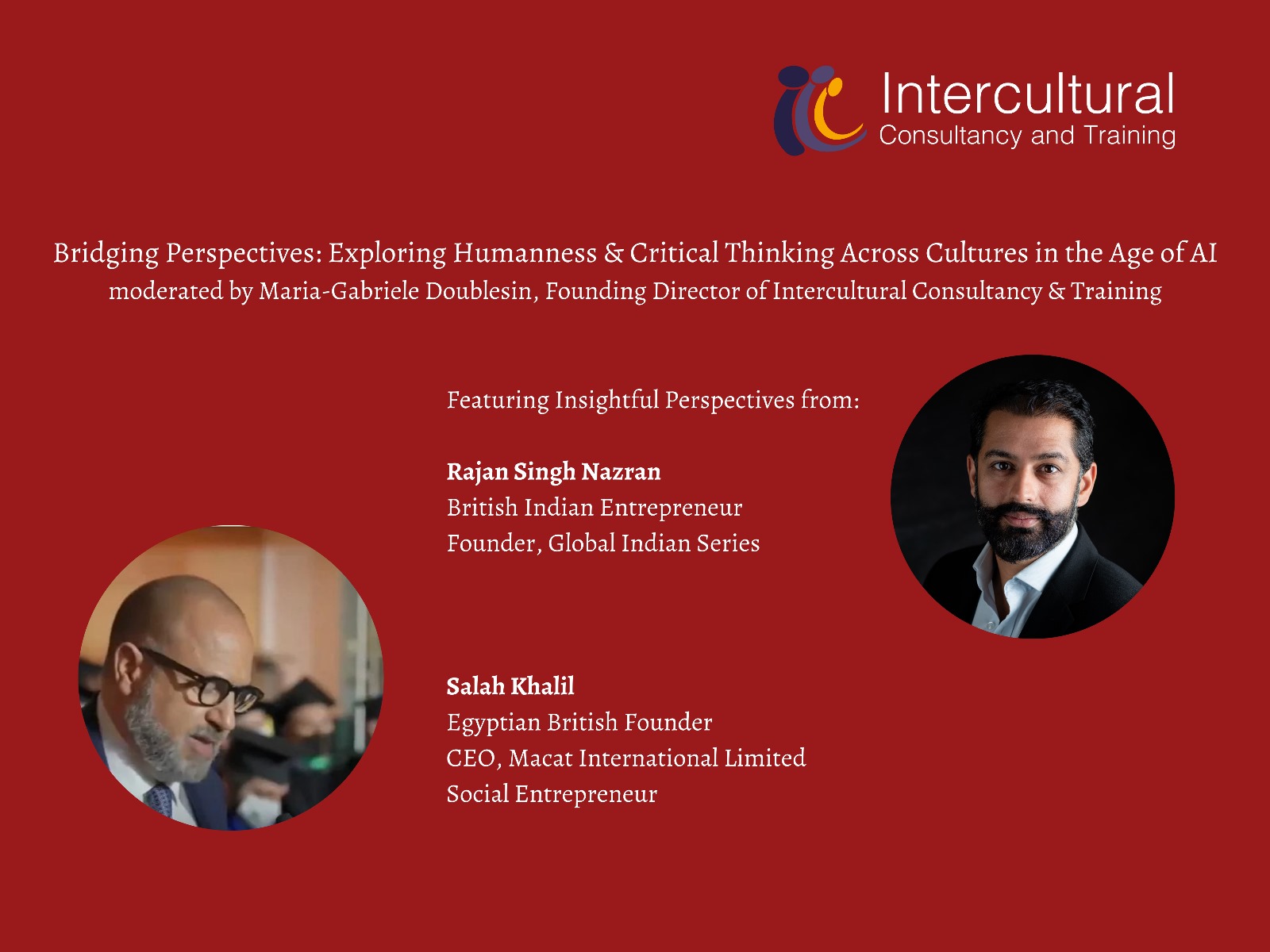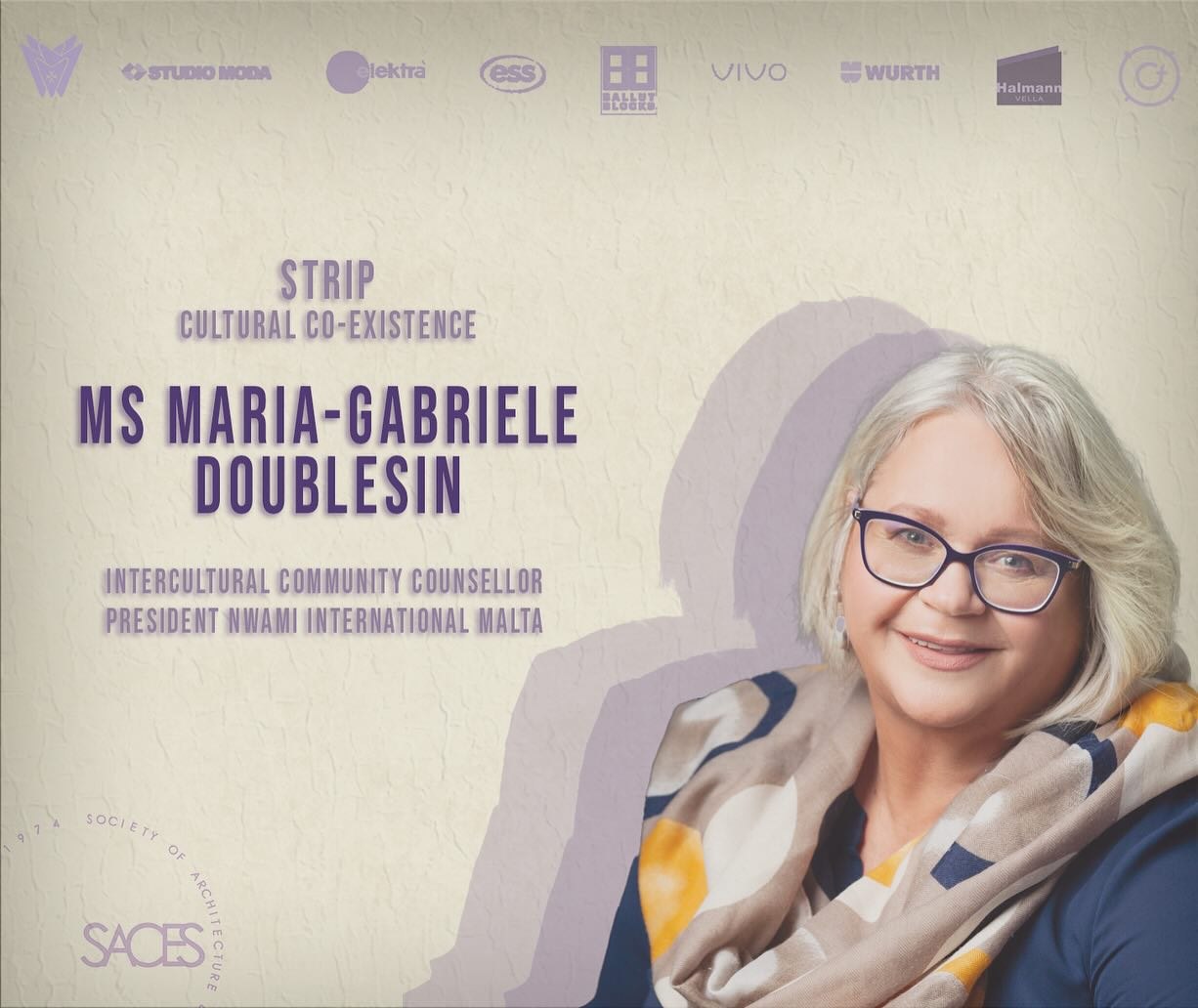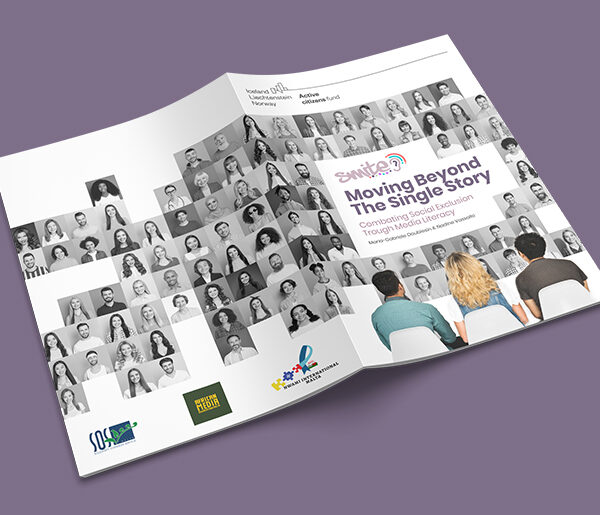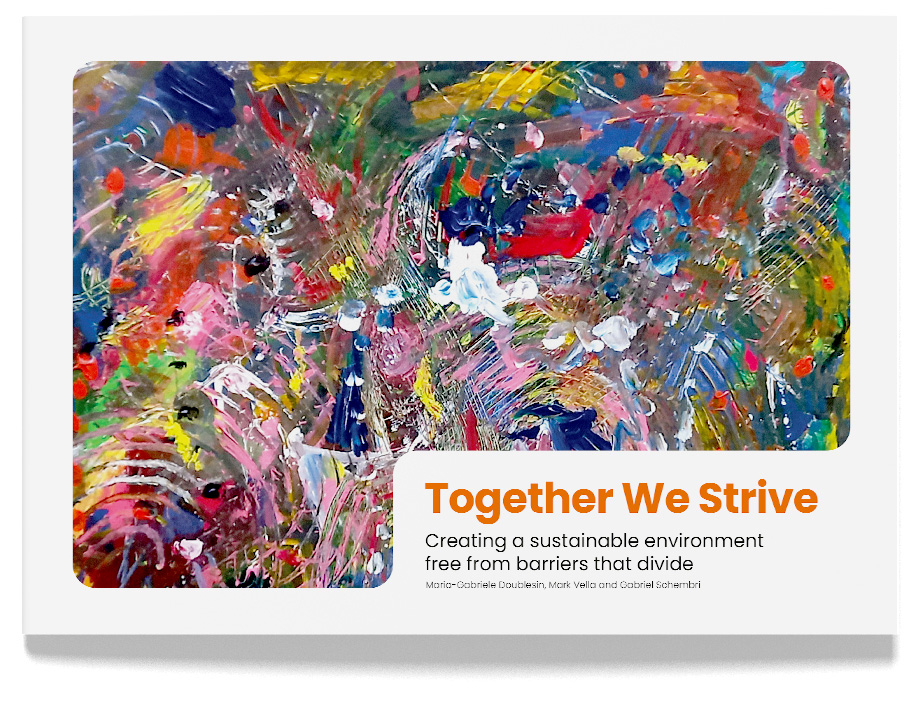The impact of multicultural exposure on Maltese society in the late 20th and early 21st century and its challenge for counsellors: a narrative ethnographic approach
Maria Gabriele Doublesin M.A. T-Couns. B.Psy. (Hons)
2013
Abstract
This narrative ethnographic study is an attempt to gain deeper understanding about issues pertaining to multiculturalism and its impact on Maltese people over the last 40 years. The study is based on a priori concepts found in literature and on the narratives of lived experiences of six English speaking Maltese counsellors. The review of literature is linked to the findings resulting from the narrations of the counsellors and explored from the perspective of social constructional matters. The term ‘multicultural’ is defined as multi-faceted and does not merely indicate cultural issues pertaining to multi-ethnicity. Through local literature and the interviews it is suggested that the apprehension of the Maltese people to embrace multiculturalism is rooted in their experience of being subjugated by foreign powers in the past and in the belief that embracing multiculturalism will be at the expense of traditional and moral values. It is noted that socio-economic change in Malta happened in such a rapid way between the 20th and 21st century that people seem to have great difficulty in coping with such fluidity. The participants reported that they feel challenged when working in a multicultural and a multi-ethnical environment with clients with abilities, needs and explanatory models that are different from their own and beyond their field of experience. The biggest challenges they face are related to the increase in complexity of issues pertaining to family, gender and youth. The study reveals the need for further research in this area to assist the development of Malta specific theoretical models and training programmes that would help improve the efficiency of Malta’s counsellors and enhance the quality of coexistence between people hailing from different cultures and civilizations in Malta.
2nd International Integration Day
Cardiff, 9 October 2019
Good evening. Before I start, I would like to say a big ‘Thank You’ to Dr Roy and the organization of NWAMI for having me over. I would like to extend a little bit on address by the First Minister and reflect on the purpose of Awareness of Multicultural Integration. Multicultural Integration in simple terms is
just like when you’ve got coffee that’s too strong
So, what do you do?
You integrate it with cream
And you make it week
But if you pour too much cream
You won’t even know you had coffee…
(Malcolm X)
This analogy reflects the two components of integration: Stability to the community on one hand and acculturation, not assimilation, on the other. Acculturation implies that native members of a host country share traits which immigrants still must attain. This is likely leading to a decrease in cultural diversity.
Like it or not, multiculturalism is a bed of beautiful roses full of thorns, so we just have to be careful not to get pricked or to prick one another.
Regardless the challenge, we have to acknowledge that we are living within a highly fluid multicultural society which is becoming even more diverse and as leaders, educators and service providers, it is our job to ensure everyone feels included and empowered in order to help community cohesion develop.
A cohesive community is one in which people will want to live and invest. A quality of community cohesion can be measured by how people feel about their local area, as it is also a measure of how well different minority and majority communities develop and relate to each other.
Therefore, promoting multicultural integration for building cohesion within and between communities is an essential step towards improving people’s quality of life.
It is important that we become aware of the fact that everyone of us has a cultural identity along every dimension of human diversity and it would help, if we start taking more responsibility for our own contribution to social oppression, but also to social wellbeing.
Multicultural integration raises the question who we are as people and how we relate to each other. Therefore, I would like to end my brief note with some reflective thoughts. Please feel free to take them home with you:
What does it mean to me to be:
- my race
- my ethnicity
- my gender
- my social class
- my sexual orientation
- my age
- my abilities
- my status?
- what unearned privileges have I enjoyed and for what reason?
I am Maria-Gabriele Doublesin and I thank you for giving me the privilege to share my thoughts with you today.
Good evening

